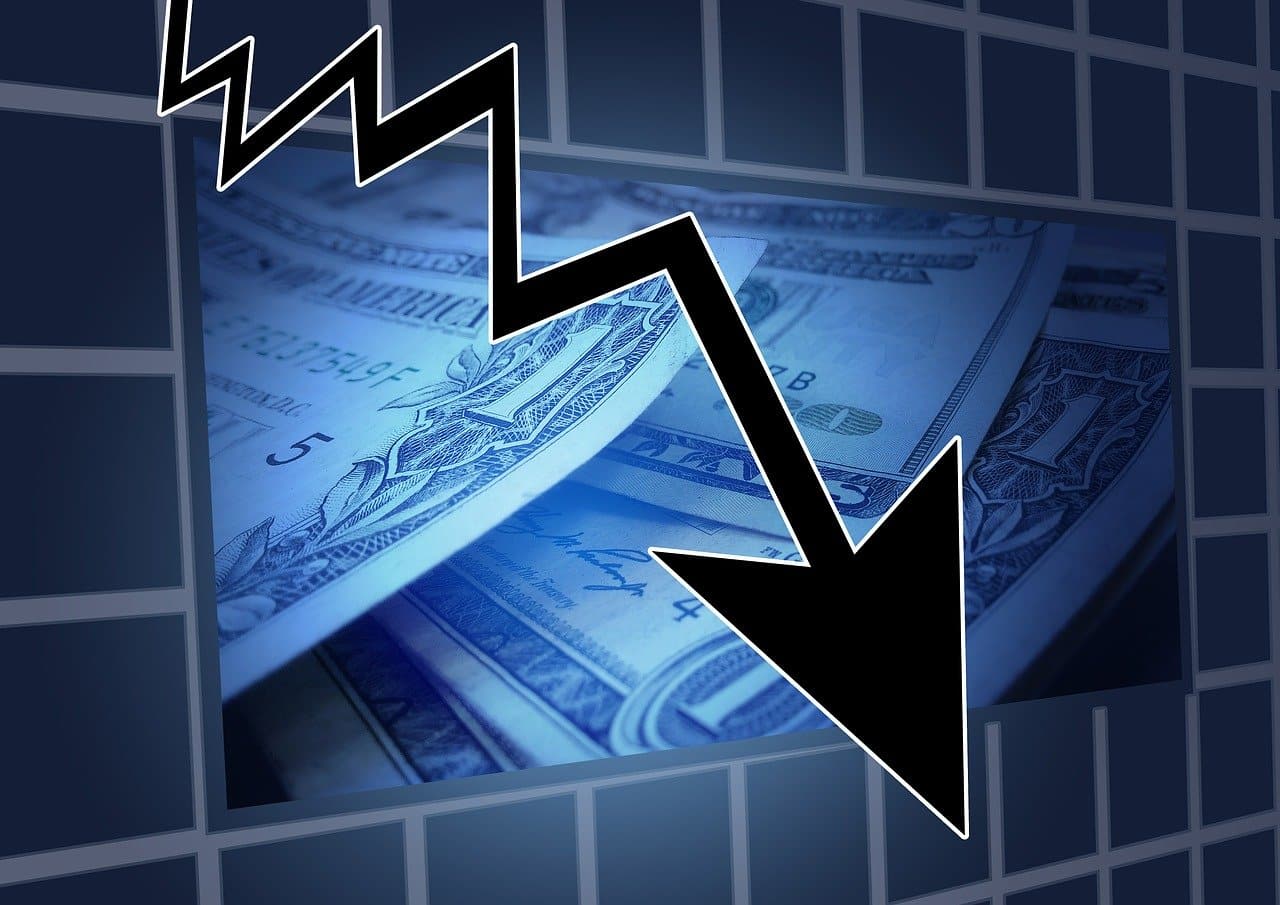On Tuesday, the International Monetary Fund (IMF) cut its forecast for global growth and warned that risks of downside from the Russia-Ukraine war and high inflation were finally materializing.
It also warned that if these issues were left unchecked, they could drive the global economy to the brink of a recession.
Economic outlook darkens
Updating its World Economic Outlook, the IMF said that the real GDP growth globally for this year would slow to 3.2%, while a forecast in April had put it at 3.6%.
It also disclosed that there had been a decline in the global GDP in the second quarter of the year because of the downturns in Russia and China.
Moreover, the growth forecast for 2023 was also adjusted by the fund from the previous forecast made in April. Citing the effects of tight monetary policies, it cut the forecast from 3.6% to 2.9%.
Last year, world ground had seen a rebound and climbed to 6.1% after global output saw a contraction of 3.1% in 2020 because of the COVID-19 pandemic.
The Chief Economist of the IMF, Pierre-Oliver Gourinchas, said that the global outlook had darkened significantly. He said that the world economy could be on the brink of recession, after having gone through one two years earlier.
He added that the three largest economies of the world i.e. the United States, China and the Eurozone were just stalling and this would have serious consequences.
Potential Russian gas embargo
According to the fund, the latest forecasts they had made were quite uncertain because of the downside risks posed by the Russia and Ukraine conflict that was driving up food and energy prices.
It said that this would make inflation worse than it already was and embed it into the economy, resulting in more monetary policy tightening from central banks.
Under an alternative scenario where Russia cuts off gas supplies to Europe completely by the year end and exports from Russia drop by 30%, then forecasts would be a bit different.
The IMF stated that global growth for 2022 would then slow down to 2.6% and in 2023, it would be 2%, with the United States and Europe seeing zero growth in the next year.
There have only been five instances where global growth has fallen below the 2% mark since 1970. It was during economic recessions in 1973, 1981, and 1982. The next recession was in 2009 and then the COVID-19 pandemic caused a recession in 2020.
Inflation rate
As far as inflation is concerned, the IMF said that it is expecting the inflation rate to reach 6.6% in 2022 in advanced economies, which had been forecasted in April at 5.7%.
The fund also added that inflation was likely to remain high for longer than expected. As for developing countries and emerging markets, inflation is expected to reach 9.5% in 2022, while the forecast in April had put it at 8.7%.
Gourinchas stated that current levels of inflation were a threat to macroeconomic stability, so the goal should be to bring it down to central bank targets.


